Top 7 Supplements
As we grow older, taking supplements to stay in our prime and continue being energetic and healthier is a good idea. Don’t let age stop you from doing all the things you love and living a life free of ailments.😎
1. Calcium.
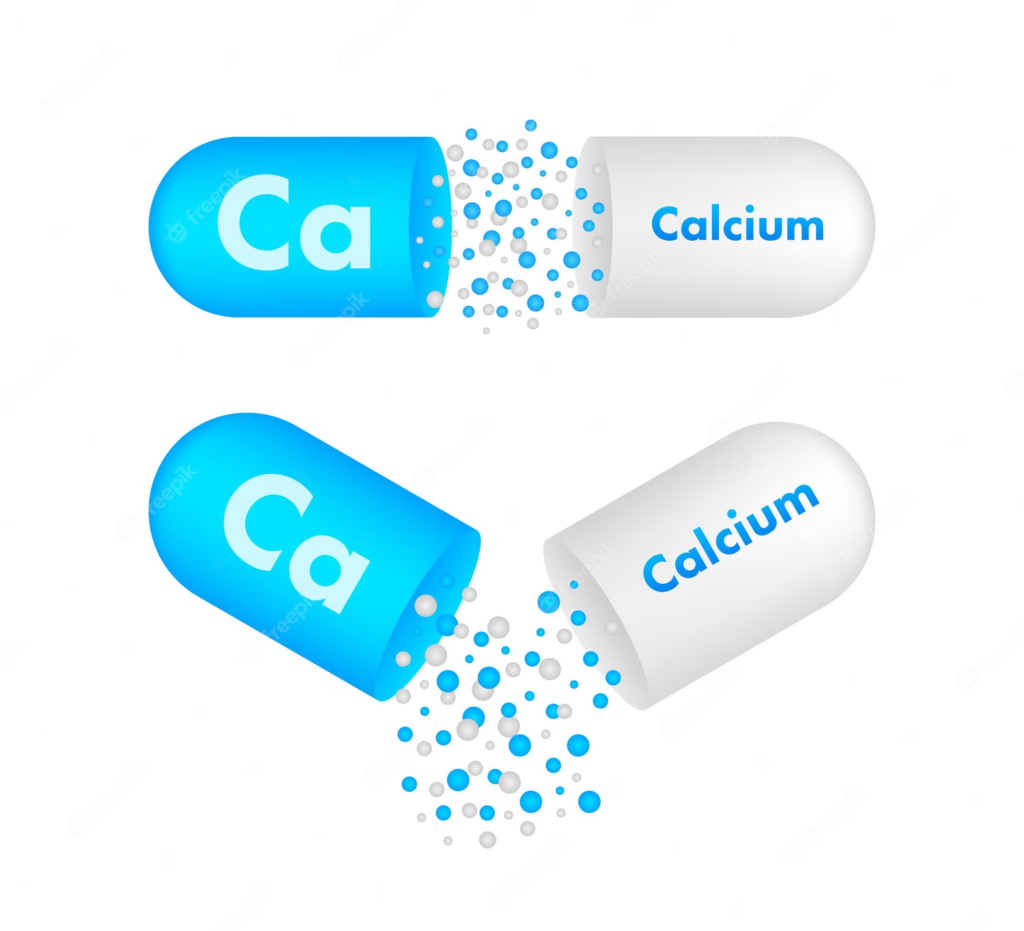
Aching bones, osteoporosis, fractured arms and many more symptoms – all these are due to calcium loss from the bones due to wear and tear.
Calcium is found mainly in milk products and its main function in the body is to strengthen bones and teeth. However, calcium also has many other functions such as enhancing wound recovery, helping muscles to contract and regulating heartbeats and nerves.
Recommendation:
>50 years old: 1000-1200mg of calcium supplement

Foods rich in calcium: Milk, milk products (yogurt, cheese etc.), soy milk, fortified with calcium foods (orange juice, cereals etc.)
End result: Less calcium is removed from the bones for other bodily functions and one’s bone health will still stay intact. If there are pains and aches, calcium can improve the function of the muscles and nerves and reduce these issues.
2. Vitamin D
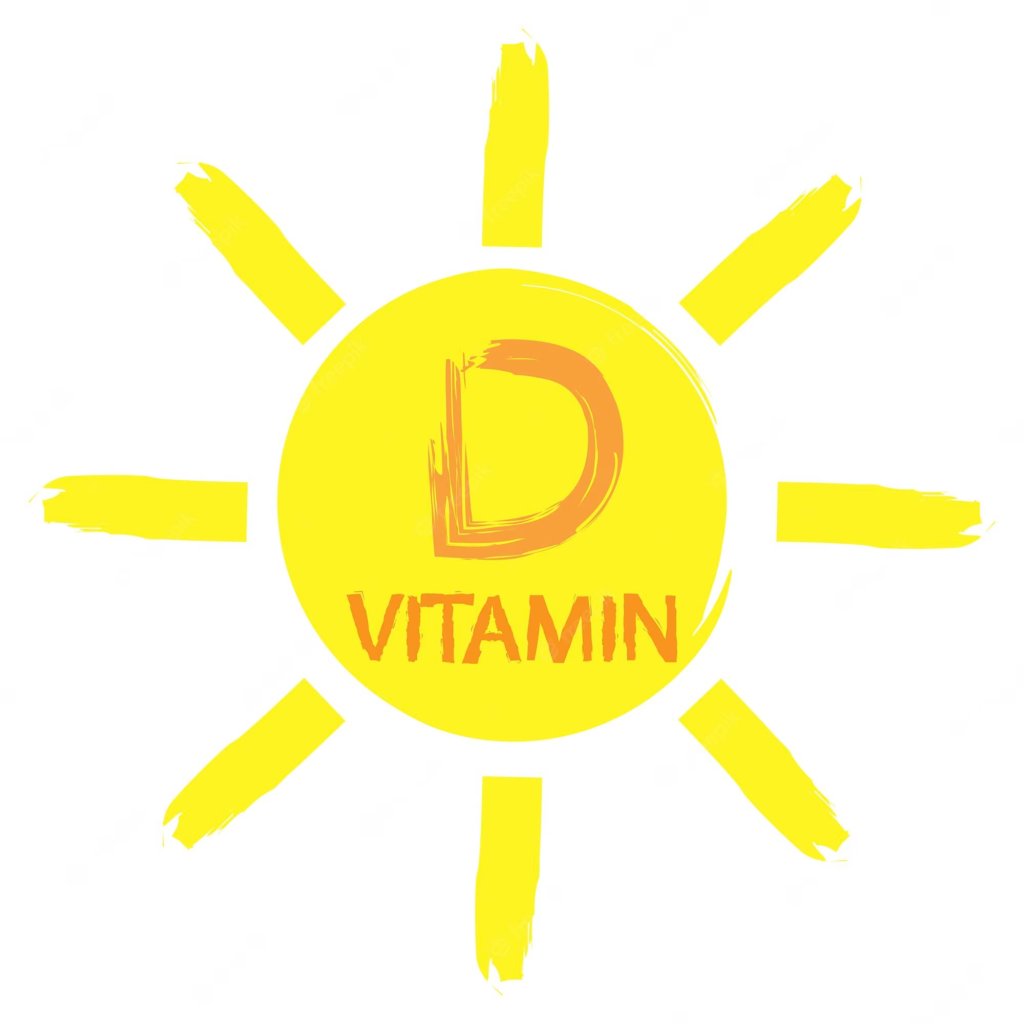
The main source of vitamin D is from sunlight. However due to tall buildings blocking the sunlight rays from reaching the ground, sunscreen use, cultural and religion preferences of wearing covered clothing and the fear of having a darker toned skin, many don’t get sufficient vitamin D.
With age, a deficiency of vitamin D paired with calcium deficiency results in bone diseases like osteoporosis and osteomalacia, that make the bones weak, brittle, and easy to fracture. Many studies have also shown that vitamin D helps the body to regulate blood glucose levels, improve immunity and reduce the risk of cancer.
Recommendation:
It is advised to at least stand for a minimum of 30 minutes under the sun to get vitamin D. The best timing would be between 10am-3pm.
However, if it’s impossible to be in the sun for long, supplemental vitamin D doses are available. Doses are as below:
- 19-70 years old: 600 IU
- 70 years old: 800 IU
The intake of supplemental vitamin D for those > 70 years old is increased up to 800 IU as the prevalence of osteoporosis goes up to 50% in this age group.
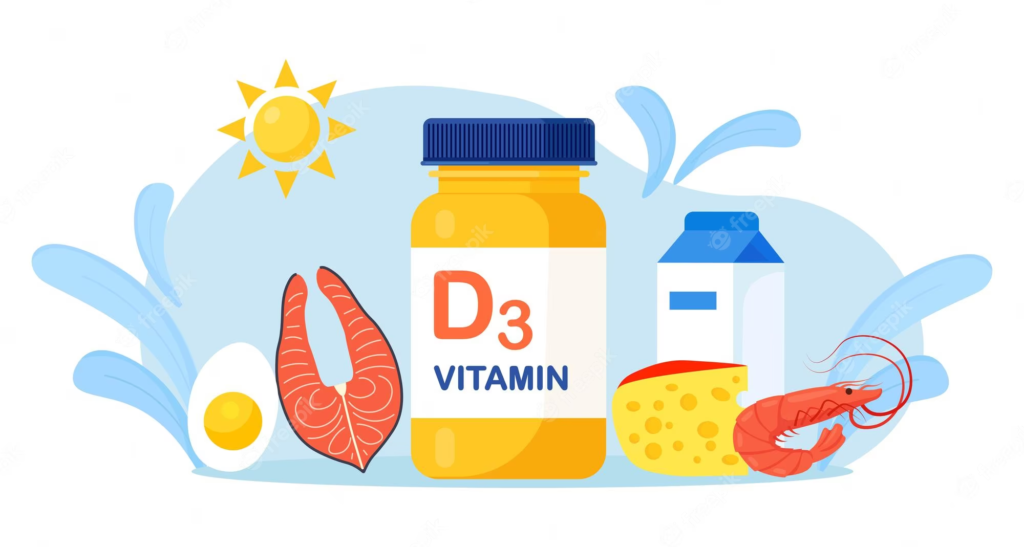
Foods rich in vitamin D: Foods that are rich in vitamin D are usually fortified. Examples are milk, cereals, orange juice, cheese and mushrooms.
End result: Many have reported less aches and pains in their body after taking vitamin D. Some have also said that they feel stronger and are not getting sick that often after taking this supplement.
3. Multivitamins

Multivitamins were mainly created for those who feel that they are no getting enough of nutrients from their food. Also, if one is consistently feeling tired and always falling ill, they may be lacking in certain nutrients and multivitamins might help.
Recommendation: As per indicated on the packaging
End result:
1) Feel more energetic
2) Better mood and focus
3) Increased strength
*However, due to the presence of riboflavin, the urine may turn dark yellow and may smell.
4. Vitamin B-complex
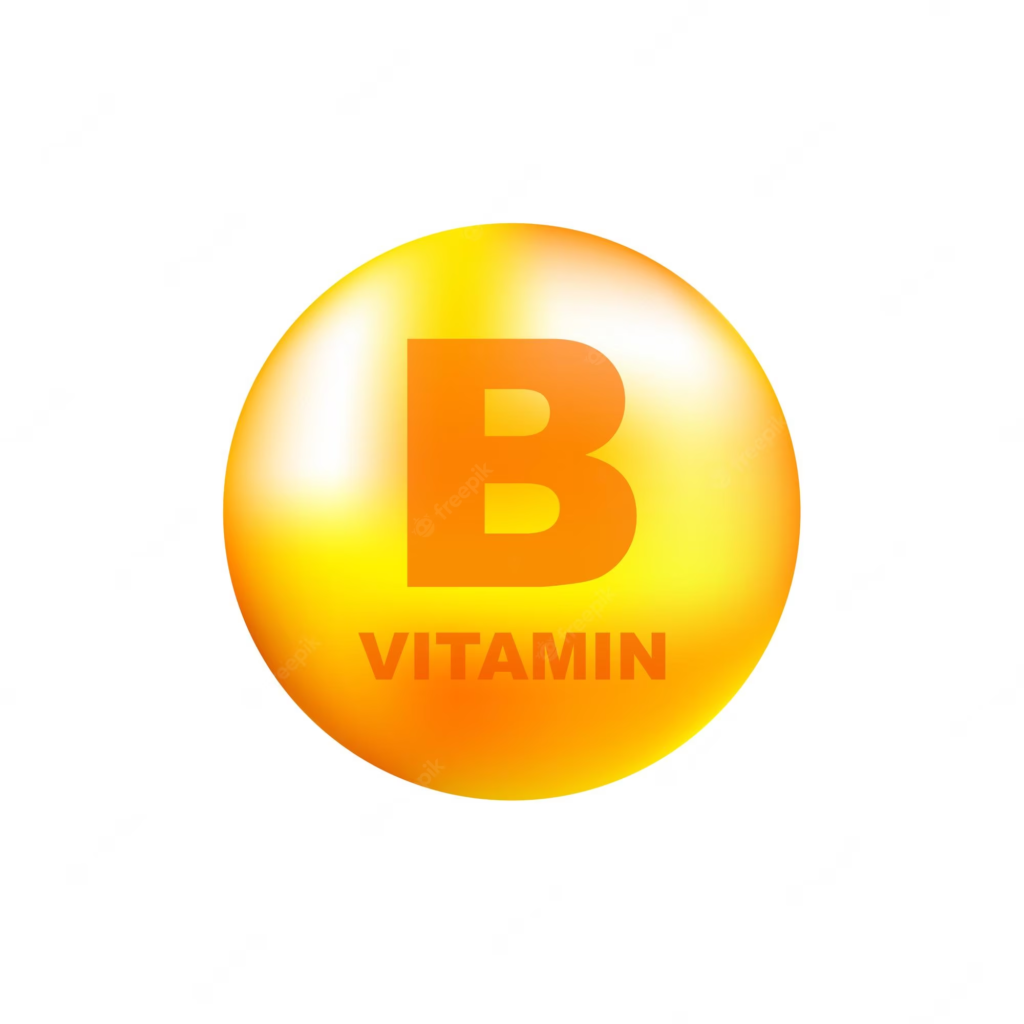
B-complex is composed of vitamin B1, B6 & B12. The function of B-complex is to:
1. Reduce muscle stiffness and cramps
2. Reduce numbness on feet and legs
3. To maintain the health of nerves especially if one is diabetic
Recommendation: For some, B-complex can cause a surge of energy and the inability to sleep at night, hence do start with 1-2 tablets first for a week to see the reaction to the body before going for the amount as per indicated on the packaging. Ultimately, it’s up to you to decide on the suitable dose for yourself.
End result: User may have yellow urine and may see an improvement in nerve function and muscle function within days of using it.
5. Omega-3 Fish Oil
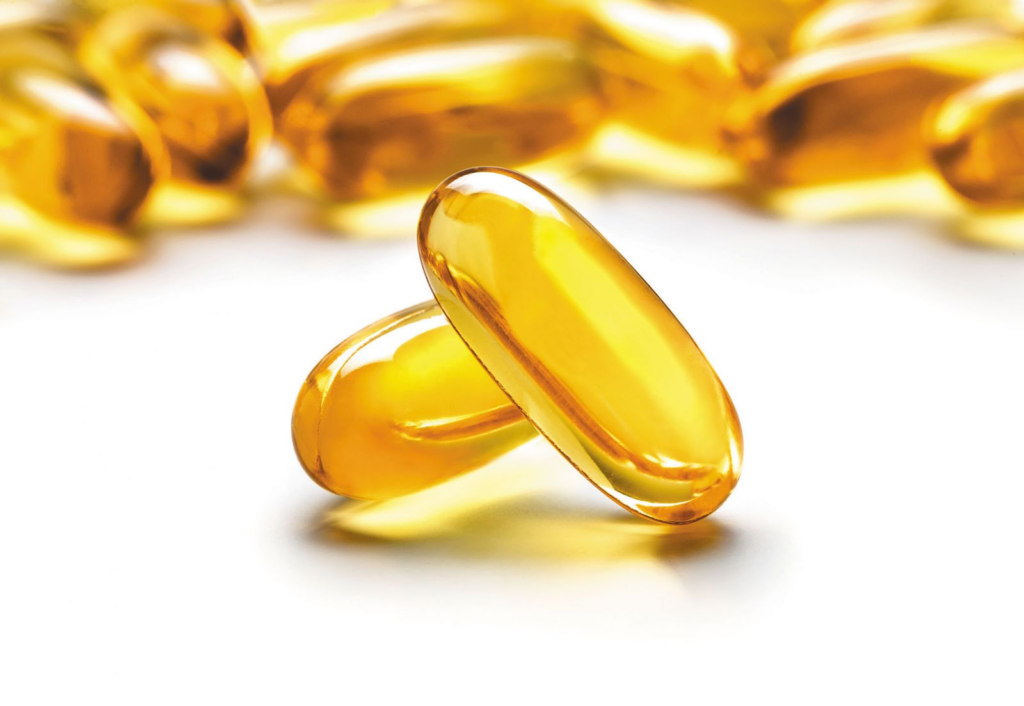
Heart attack is the leading cause of death both in men and women worldwide. Poor eating habits and lack of physical activity causes more people to suffer from high cholesterol and high blood pressure that eventually affects heart health.
Nevertheless, our foods also have insufficient Omega-3 that functions to clear the bad cholesterol that causes plaques in the arteries and regulate blood pressure levels. To solve this issue, fish oil rich in Omega-3 was developed.
Recommendations:
*In most supplement bottles, you will have to sum up the EPA and DHA to get the total amount of Omega 3.
General Health: 500mg
For those with health issues: 1000mg

Foods rich in Omega-3: Deep sea fish (salmon, cod, pollock), nuts (walnut, almond), avocado, seeds (flaxseed, hempseed).
End result: Reduced blood pressure and improved blood cholesterol levels thus reducing the risk of heart attack and stroke. Some may also notice that their joints’ aches and pains have reduced as fish oil is anti-inflammatory.
6. Magnesium

Magnesium aids in bone building and maintenance of heart beats. Nevertheless, one of the most underrated use of magnesium is actually as a sleep aid. Magnesium works to relax and calm the nerves in the brain helping the whole body to relax. It has been shown to reduce insomnia and improve deep sleep in those who consume it.
Recommendation: 500mg of magnesium supplement 30 minutes to 1 hour before sleep

Foods rich in magnesium: Legumes, Banana, Nuts, Spinach, Soy, Brown rice etc.
End result: Less waking up at night, improved deep sleep and longer sleep hours. Those who have restless leg syndrome also see a reduction in the feeling of pins & needles on their legs.
7. Probiotics
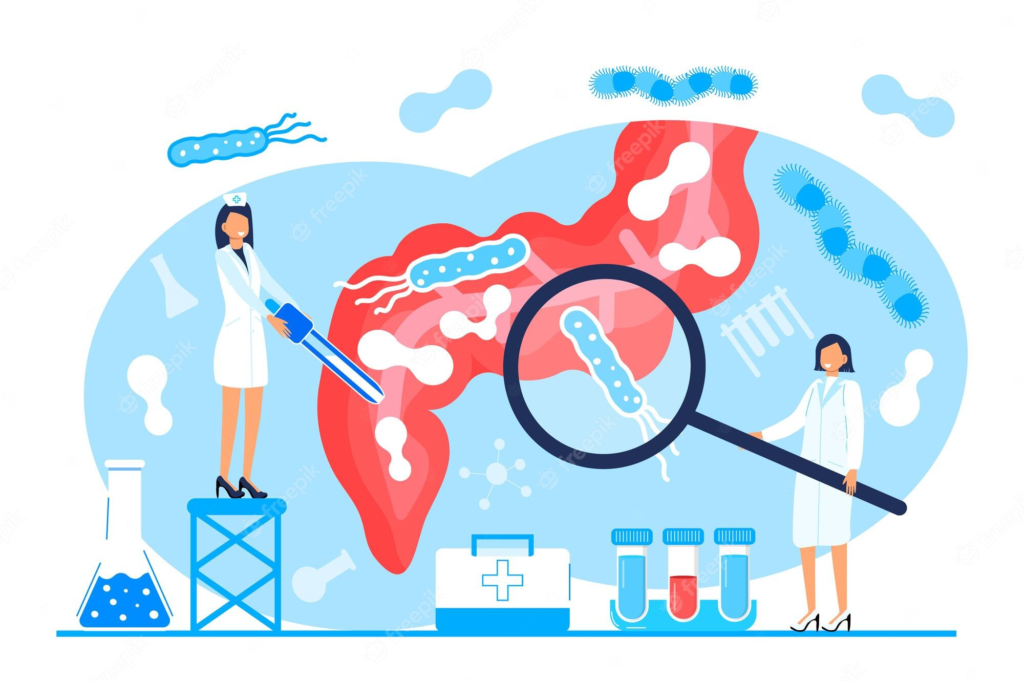
Our gut is made up of good and bad bacteria. However due to lifestyle changes as one ages (lack of physical activity, minimal food intake), there is a misbalance between the good and bad bacteria. Due to the misbalance, many elderly start having constipation issues, diarrhoea issues, indigestion and bloatedness. To balance back the bacteria in the gut, especially good bacteria, probiotics are helpful.
Other health issues besides stomach issues that one may face due to the misbalance of gut bacteria are yeast infections, skin allergy issues, and headaches.
Recommendation:
1-10 billion – mild constipation cases or stomach indigestion issues that happens once in a while
11-30 billion – cases of constipation that happens every day and other related stomach issues that affect quality of life such as gastric reflux and frequent diarrhoea.
> 30 billion – for those who have stomach or intestine resection or have issues like Irritable Bowel Disease/ Syndrome (IBD, IBS), diverticulosis, yeast infection, etc.
* Check on packaging for the directions to store probiotics
Foods rich in probiotics: Yogurt, Kimchi, Tempeh, Tauhu. Kombucha etc.
End result: Body will feel lighter and better with the intake of probiotics. Some individuals may have diarrhoea and bloatedness within the first few days of taking probiotics but this will pass. Stools will become softer with consistent use of probiotics and gut health as well as other health issues will show gradual improvement.
References
- Sempos CT, Binkley N. 25-hydroxyvitamin D assay standardisation and vitamin D guidelines paralysis. Public Health Nutrition 2020; 23:1153-64.
- Butel M-J. Probiotics, gut microbiota and health. Médecine et Maladies Infectieuses. 2014;44(1):1-8.
- Meier C, Kränzlin ME. Calcium supplementation, osteoporosis and cardiovascular disease. Swiss Med Wkly. 2011;141: w132







